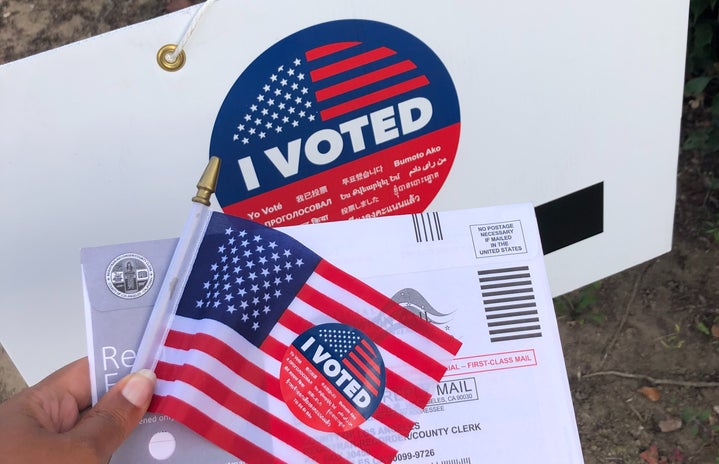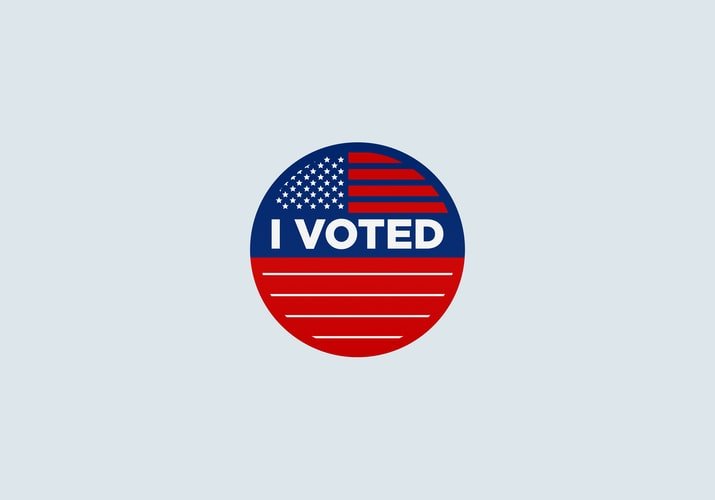If you feel overwhelmed with the state of American politics lately, you are not alone. Elections are meant to be opportunities for citizens to use their voices, but they can feel like just one more source of stress nowadays. Many important issues like reproductive rights are at risk with upcoming elections, so voting is more important than ever.
Especially when it comes to congressional and presidential elections, many U.S. voters feel strongly about their party’s candidate. But there is an ever-increasing dilemma: What if you don’t like either of them? Do third party voices truly matter?
The United States uses a two-party system in its elections: the Democratic Party exists on the left and the Republican Party on the right. While other parties are welcome to run in elections, and they do appear on the ballot, it is extremely unlikely that they will win major elections. In fact, the last time a third party candidate won electoral votes in a presidential election was in 1968, when George Wallace received 8.55% of electoral votes.
Despite the low success rate, many Americans vote third party each year. And even though third-party candidates rarely win elections, they can have a sizable impact on electoral results.
What can we learn from Previous elections?
The 2016 presidential election is a relevant modern-day example. Many Americans disliked both parties’ nominees, Hillary Clinton and Donald Trump, so they voted for third party candidates like Gary Johnson (Libertarian Party) and Jill Stein (Green Party). In some swing states like Michigan and Florida, Johnson and Stein collectively earned hundreds of thousands of votes, giving Trump a majority over Clinton. Some experts think that without the third party votes, Clinton could have won these states — and potentially the presidency.
Some Americans have gone as far as to write in joke candidates on their ballots, like the infamous write-ins for Harambe, a deceased gorilla, in the 2016 presidential election.
An argument could be made that voting third party is wasting your vote. In fact, many people have shared this exact view. While writing in a meme name or joke could certainly be considered a waste, a genuine third party vote is not necessarily throwing your vote away.
If you truly agree with the policies of someone like Johnson or Stein, it is not a “waste” to cast your vote for them — in fact, that’s the whole point of the electoral process: to use your vote as your voice for what you want this country to look like.
However, if you choose to vote third party, it’s important to be aware of the potential consequences. 2016 showed us the immense impact a third party majority can have on an election outcome. If thousands of voters hadn’t voted third party, we may not have seen a Trump presidency.
Experts are warning of a third party impact in 2024 as well. Third party candidates could threaten both the Democratic and Republican nominees (who are expected to be President Biden and former President Trump, respectively). A third party majority could tilt the scales in either of their favor, which could create an intense electoral climate as the 2024 election draws closer.
No matter what your candidate opinion is, it’s important to vote in all elections, not just the major ones. Register to vote as soon as possible, and create a plan for voting in 2023. The U.S. electoral system is flawed, but voting is still one of the most important ways to create change.
Bestie, do you *actually* know how to vote? We’ve got everything you need to make sure you’re fully prepared for Nov. 5. Visit HowToActuallyVote.com for a step-by-step guide to making your voting plan.




